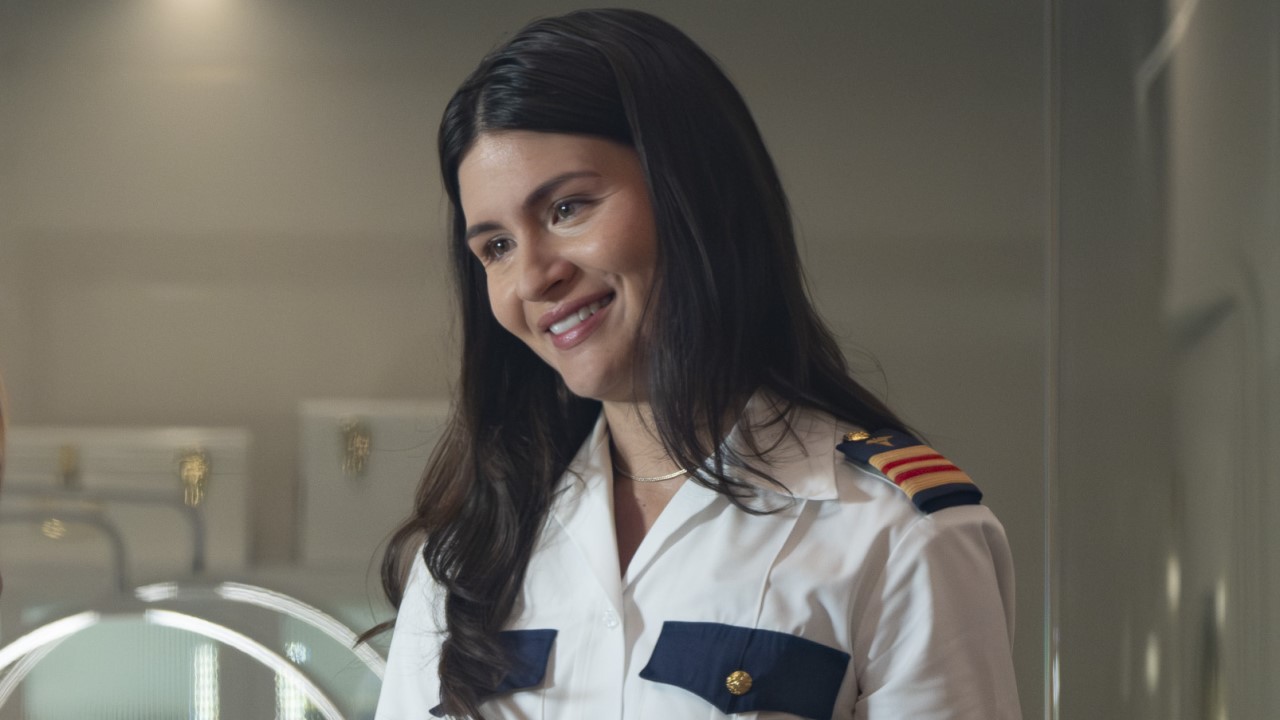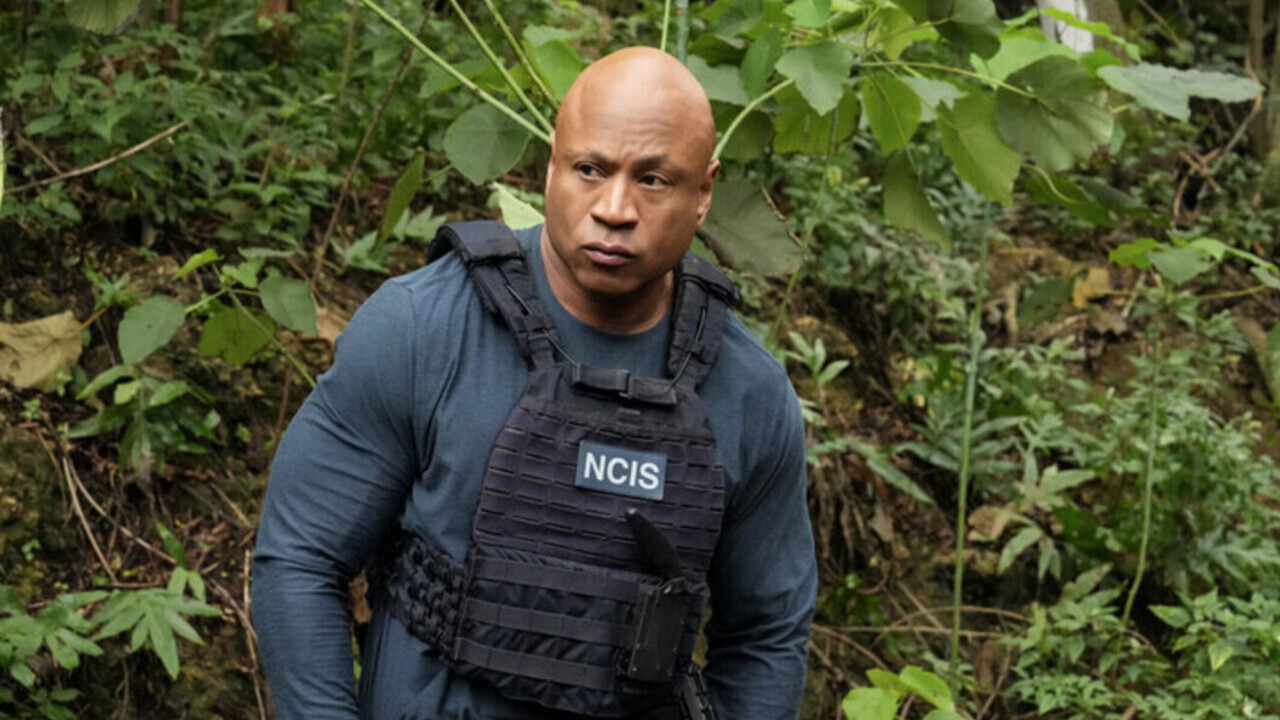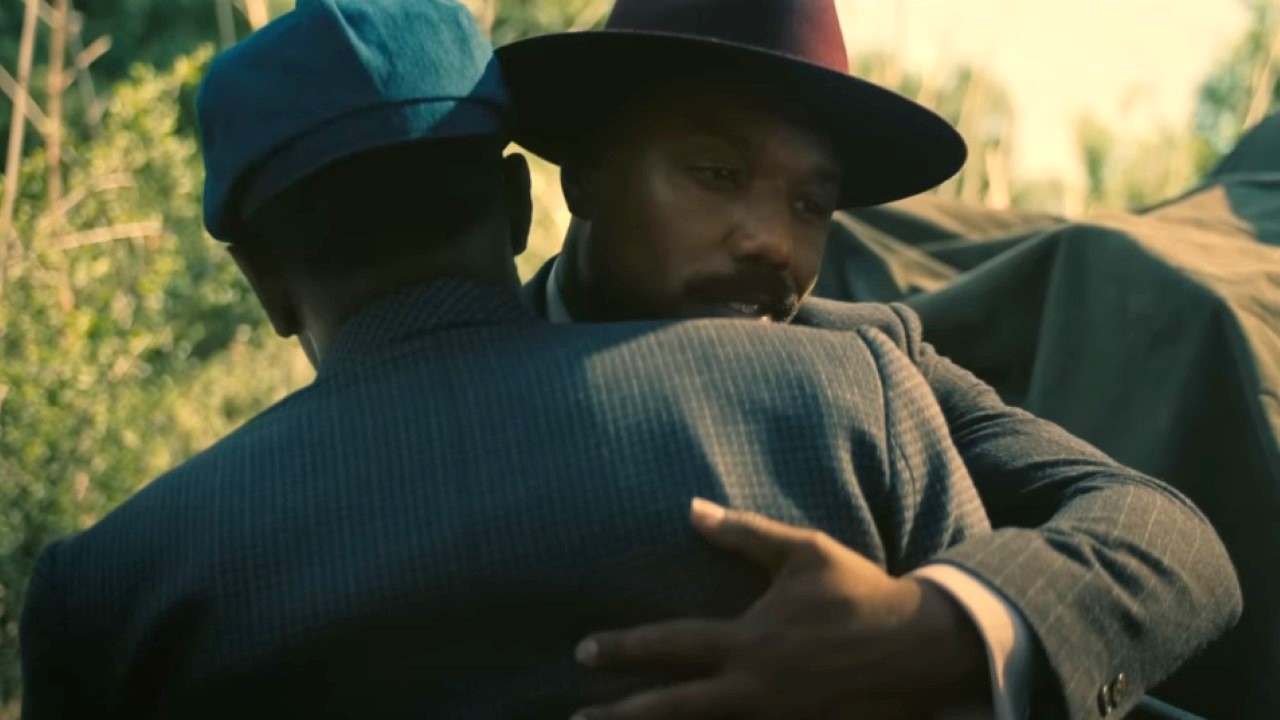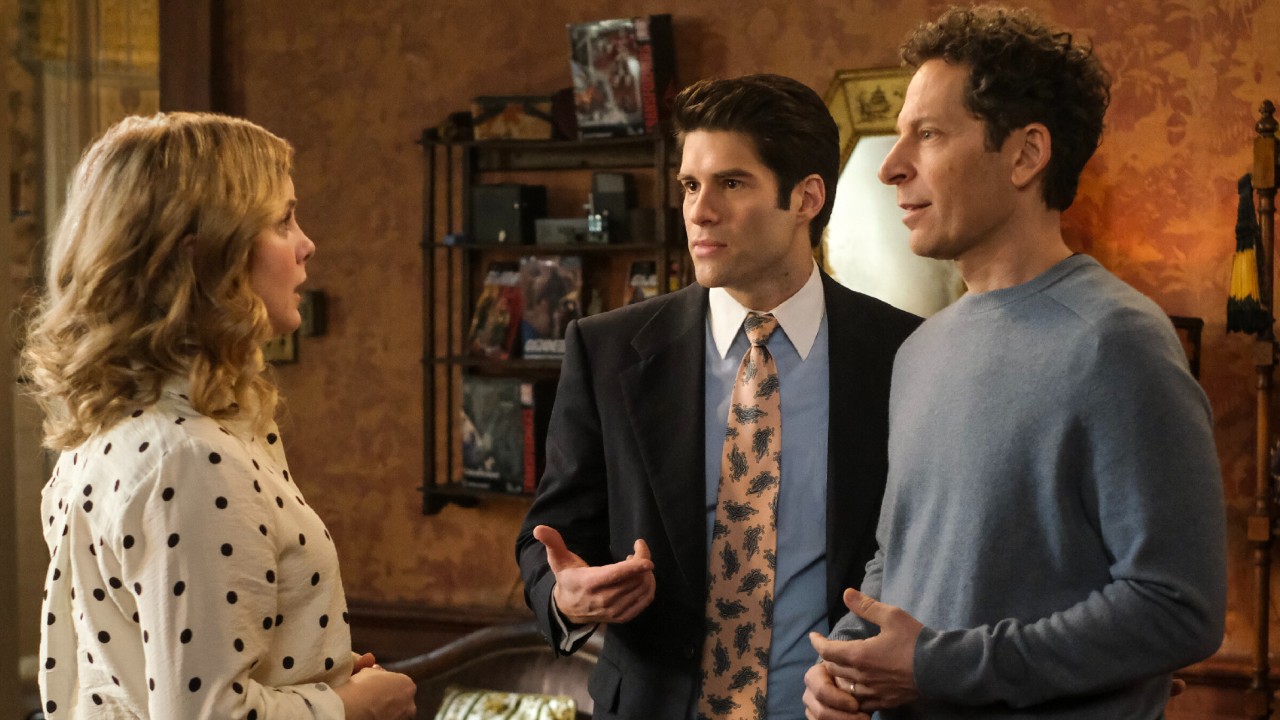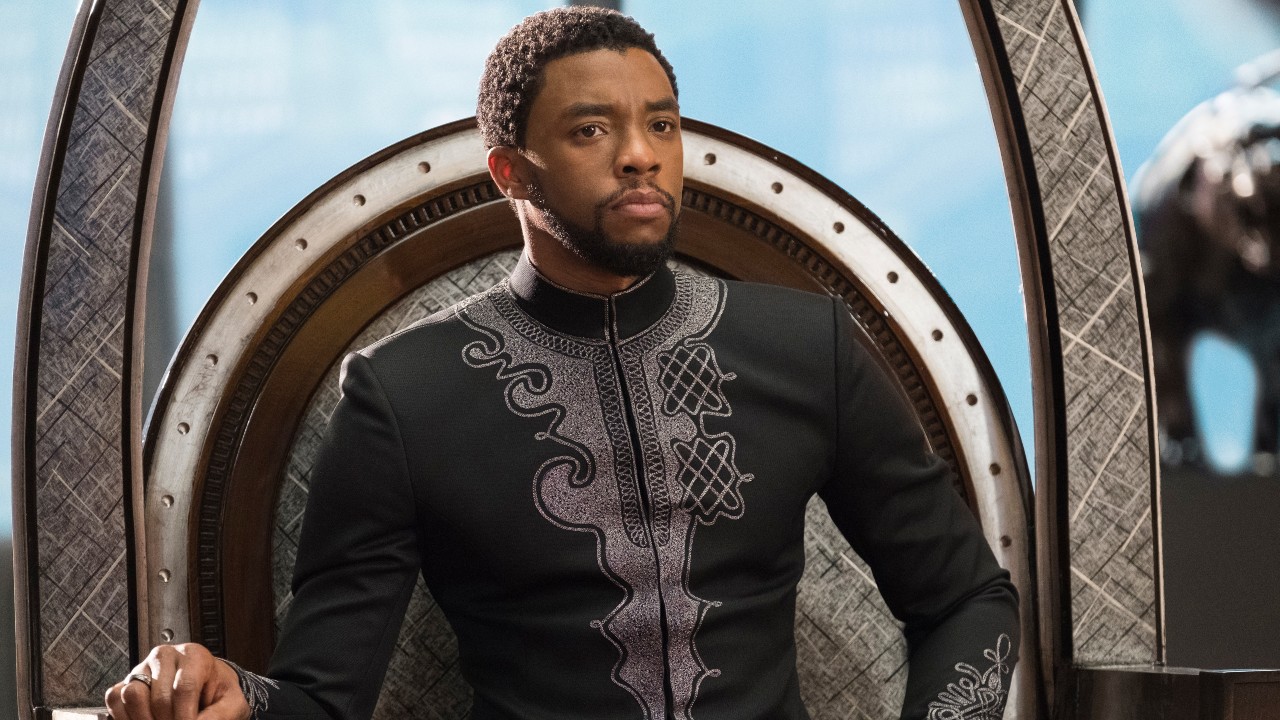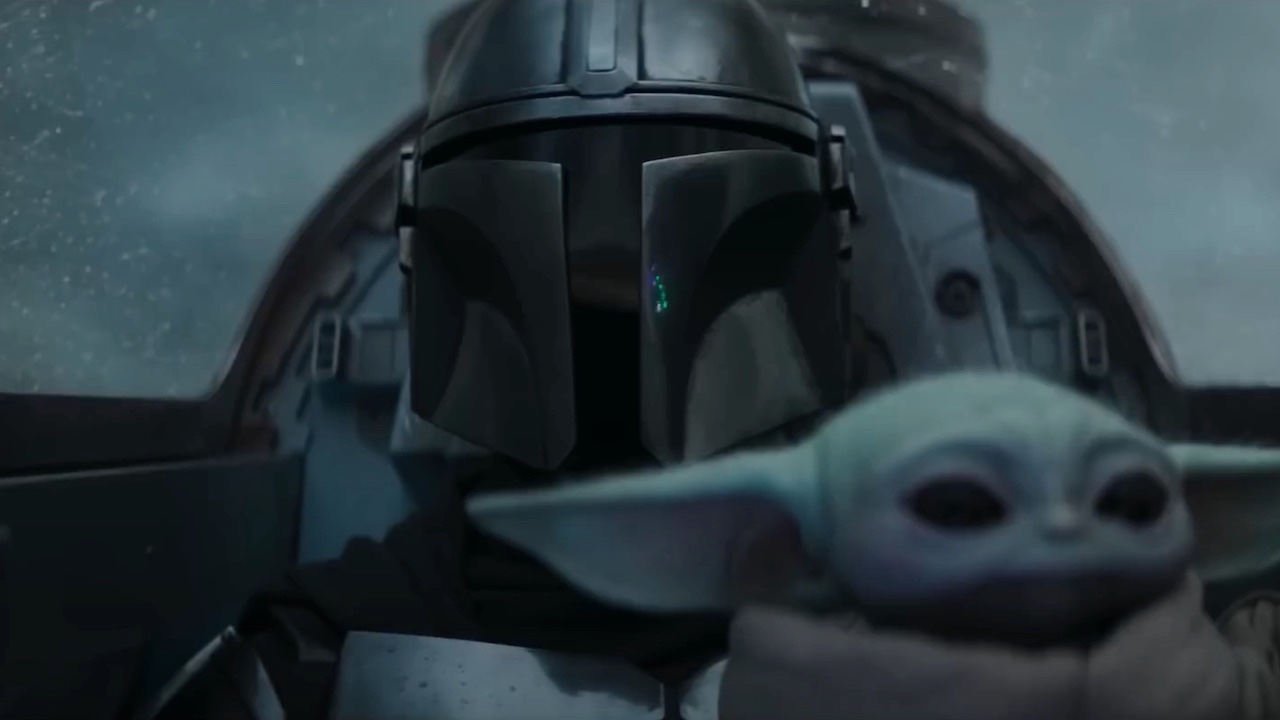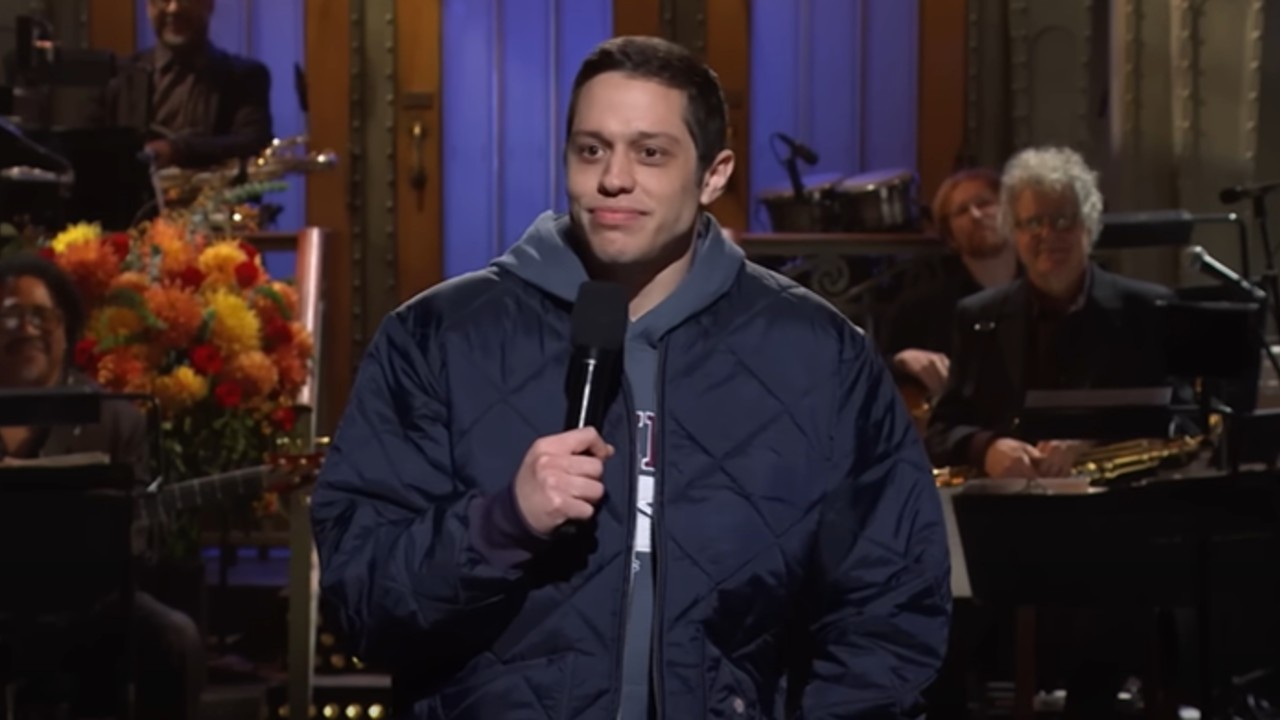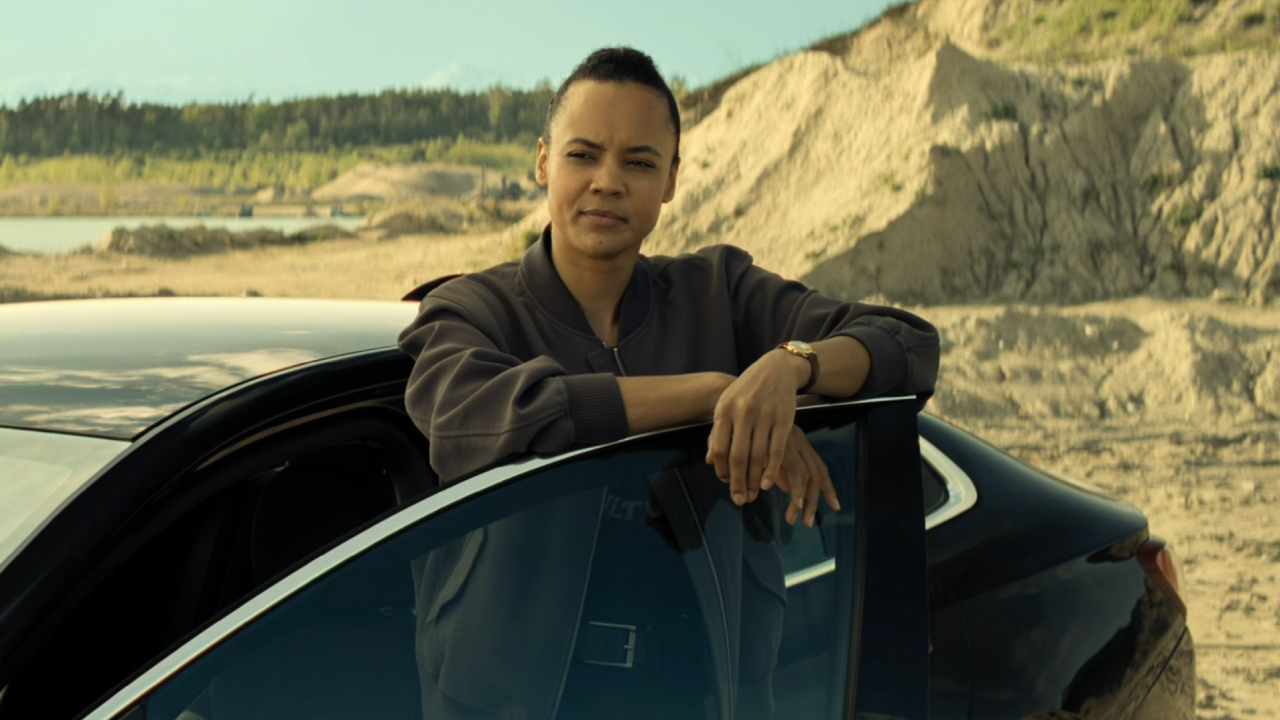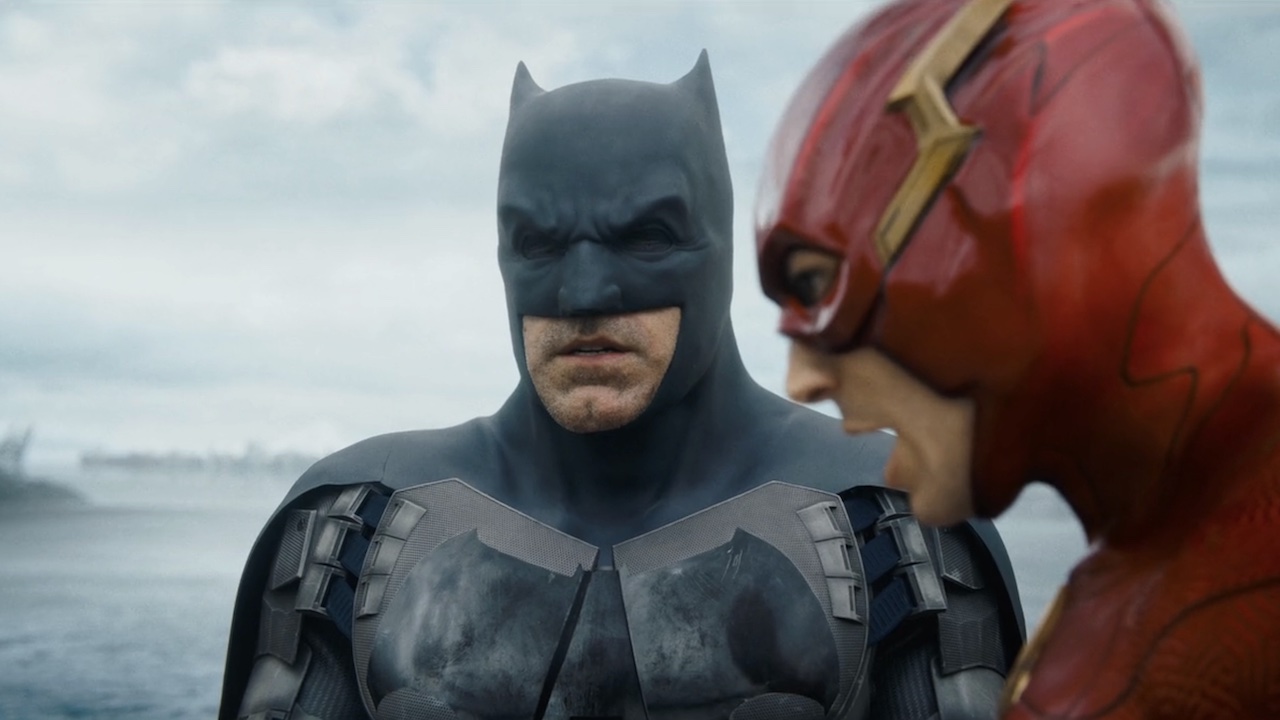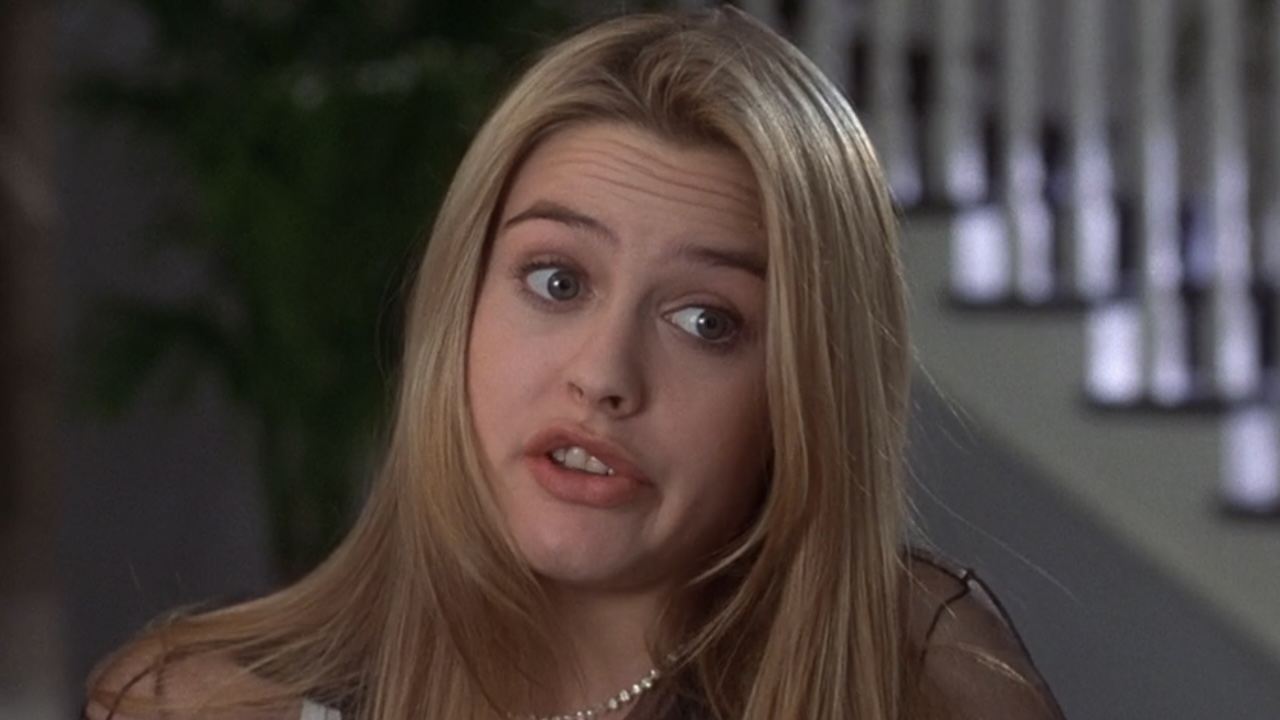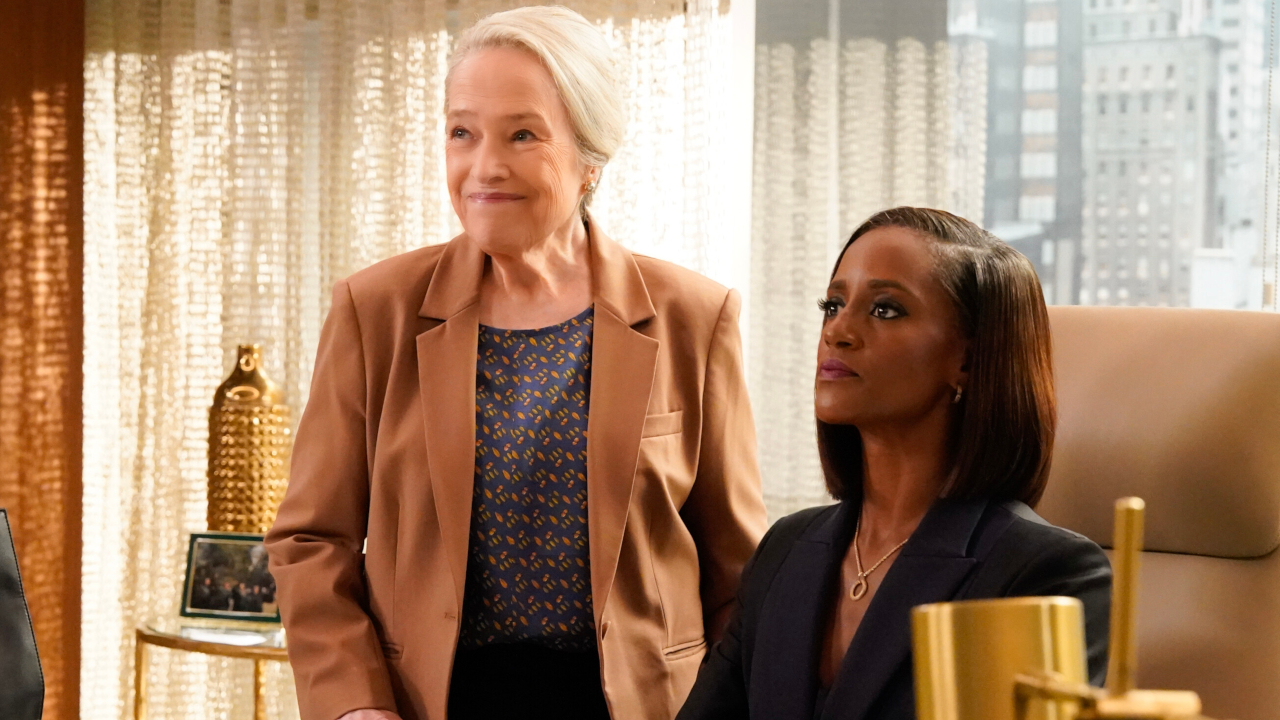The Real Reason People Hate The Twist In Brave
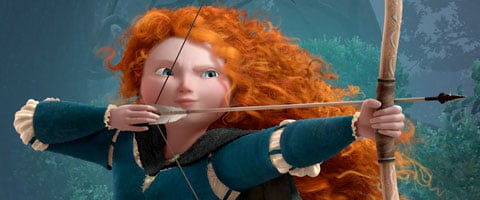
Pixar's latest Brave has received a slew of fiery criticism, much to the surprise of those of us who loved it. And while every Pixar pic has a dissenting outlier, I've found that many of Brave's detractors take issue with one particular element of the film above all others, a twist that is carefully hidden in the marketing but will be discussed below, so be warned: spoilers lie ahead.
Following the press screening here in NYC, I stumbled out of the theater, brushing tears from the corners of my wide, satisfied grin, only to hear some of my fellow critics bellowing about what a "miss" and "failure" Brave was. The debate continued on down the escalators to the lobby, out theater's doors, through the crowds of Times Square and even onto the subways back to our respective boroughs. And in all this squabbling one moment was repeatedly harped upon. "Her mother turned into a bear!" moaned The Huffington Post's Mike Ryan, with a rattling tenor of profound disappointment.
Yes, this twist turned off many moviegoers, but I enjoyed it, as it offered a story unlike I'd ever seen before. Not just one where a princess must undo the horrific--though unintended--consequences of her impetuous actions, but also one in which the princess's relationship to her mother is the central focus. It's unlike most fairy tales where mother figures are either absent (The Little Mermaid, Beauty and the Beast) or of the evil stepmother variety (Cinderella, Snow White). This was Pixar's biggest Brave risk, taking a film that reads fairy tale into such untested terrain.
Some say the twist happens too fast, but I'd argue there are plenty of clues leading up to the crucial transformation. For one thing, the bear motif and its ties to Merida's fate are established in the first sequence, where the magical wisps lead her down a path that crosses the horrible, mythic beast Mordu. Then, when Merida visits the woodcarving witch, literally everything she carves is bear-themed. This in conjunction with the legend of the prince who wished to be as strong as ten men gave a solid setup for the bear twist. So I argue it's not the setup of this scene that riled so many, but rather that this defining moment--not only for Merida's fate but also for the plot—is when they realized Brave would not be the movie they imagined.
Instead of shoving their first female protagonist into a ready-made knight's tale premise, where she'd venture off, don men's clothes and eventually achieve glory, Pixar gave Merida a far more internal conflict to master. While the tapestry McGuffin muddies the water, what Merida really must mend is her damaged relationship with her mother. And in the woods—far from the constraints of the castle and society--the pair are freed from the confines of their traditional roles of mother and daughter, queen and princess, allowing Merida to see Elinor as more than her parent, as a person, even in bear form.
Some have called Pixar's careful avoidance of this reveal in the marketing a purposeful bait and switch, but the company has been known to sell their movies on worlds and characters more than plot. It wasn't Pixar misleading us-- it was audience expectation that a willfully feminist fairy tale would mean forcing a girl into a well-established "boy" plot. Now, I can relate to the frustration that Merida's archery skills are ultimately of little use in her adventure, and that her weapons expertise could have been better utilized with a more purposeful antagonist. But the physical has never been Merida's problem. She shoots better than any man in Scotland, rides fiercely through the forest, holds her own against warriors, witches and cursed monsters, and scales legendary peaks just for fun. And so hers is an adventure of wonder and introspection. It was a storytelling choice that I found profoundly moving, and suitably brave.
CINEMABLEND NEWSLETTER
Your Daily Blend of Entertainment News
Staff writer at CinemaBlend.

